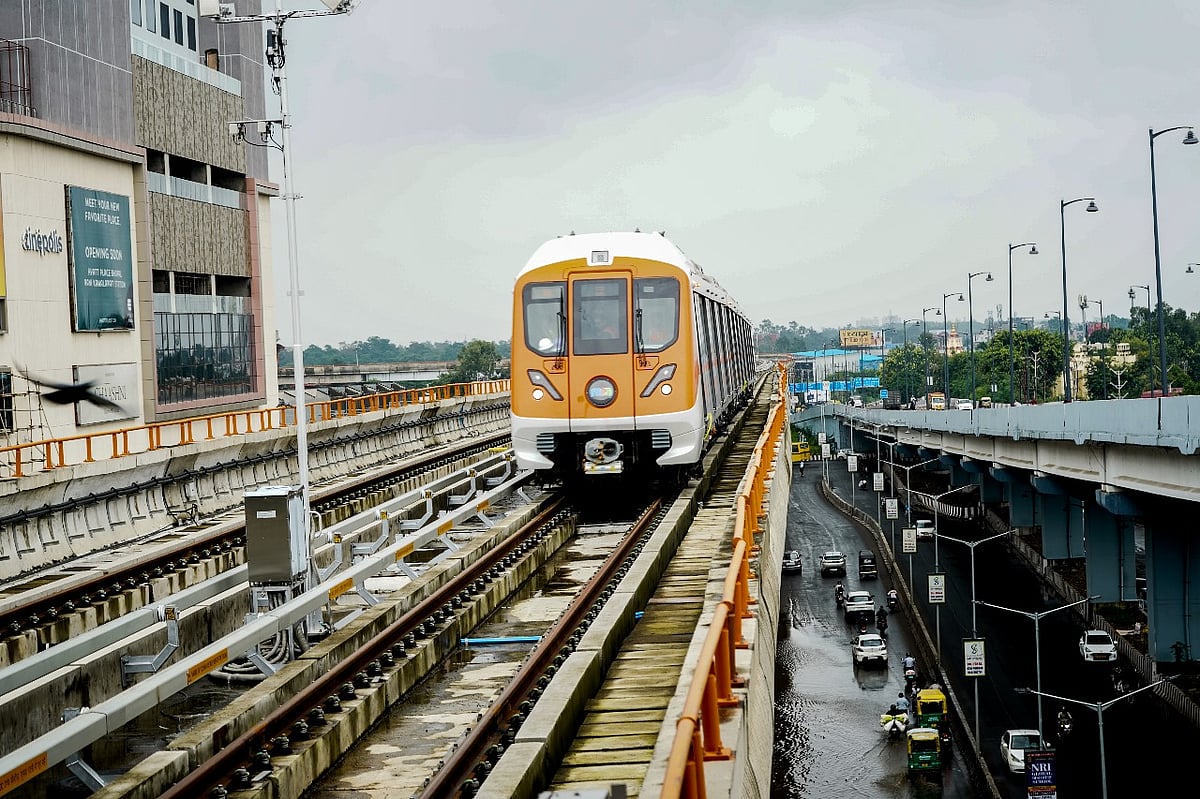If we compare nouns, pronouns and verbs with bricks that make the substance of a building, we may compare prepositions to the mortar. It binds separate elements into a single structure.
Ergo, prepositions connect our thoughts. So much so that mere scoring through a single preposition entails chaos in a sentence.
Finds tongues in trees, books in the running brooks, sermons in stones and good in everything – W Shakespeare (As You Like It).
Now, let’s read it without prepositions. “Finds tongues trees, book the running brooks, sermons stones and good everything.” Had Shakespeare been alive, he would have had a smothered yawn.
In the words of ST Coleridge, “A master of our language may be known by his skilful use of connectives.” And Coleridge himself was a master of that art. His long sentences contain wonderful continuity.
“I had continually to adduce the metre and diction of the Greek poets, from Homer to Theocritus inclusively; and still more of our elder English poets, from Chaucer to Milton” – ST Coleridge (Biographia Literaria).
He concludes the sentence with two prepositions – from and to – which, besides adding elegance to the sentence, have turned it into a concept.
There are nearly ninety single-word prepositions and a bunch of two-word, three-word or four-word prepositional phrases. Such prepositions are a fluffy substitute for single-word prepositions. Such offenders include in connection with, in the field of, in order to, in respective of, so far as … is concerned. They simply clatter in a sentence like pans in a kitchen.
Several things are flourishing in the field of music, in the field of literature, in the field of science and technology, in the field of book publishing, in the field of art, and in the field of management. The list is endless. We need some fields that grow crops. Else, these land grabbers will force us to go to bed on an empty stomach. The field is rightly associated with battle, chivalry and war. Still, the phrase is rarely a necessity.
The prepositional and phrasal verbs grow like mushrooms. How can one justify: to meet up with, to consult with, to check up on, divide up or someone is living on my back. They are actually parasites.
Let’s understand meaning of a few prepositions
Since the prepositions are not clear in their meaning, they remain alien to a non-native speaker. So, it is better to understand their meaning.
After “in” and “at,” the most important preposition is about (on + by + out). It means just on the outside of and very near in point of locality. He has a problem about his neck. Have you any money about you?
Metaphorical uses: It is about seven o’clock (nearness of time); he is about to be married (nearness of state); he went about his work in earnest (occupation); I have heard about it (concerning).
Above (on + by + up): Its literary meaning is in a higher place. For example, the head is above the neck.
Metaphorical uses: He stayed with us above a week (longer in time); he has above a hundred horses (more in number or amount); he is above such meanness (better or higher in quality).
Prepositions at the end of a sentence
A few grammarians have an anathema towards using prepositions at the end of a sentence. They are hardly wrong, since as a general rule, a preposition should not be placed at the end of a sentence.
The rule, however, does not hold ground when the verb is closely associated with the preposition in idea or in usage. In such cases, the verb is used in the passive voice: He dislikes being laughed at.
Houses are built to live in, not to look on — Francis Bacon
The prepositions may also come at the end of a sentence when they are used with an adjective.
She is good to look at and nice to talk to.
In interrogative sentences, prepositions are often used at the end.
What are you thinking about?











